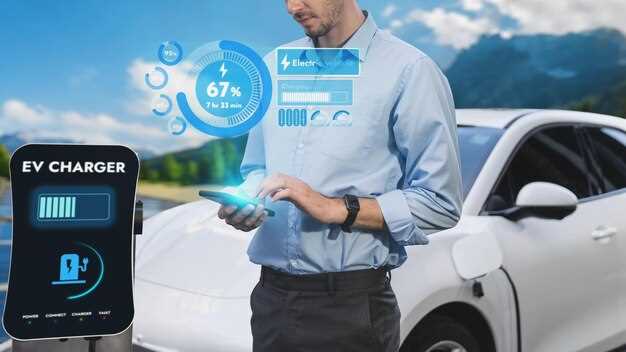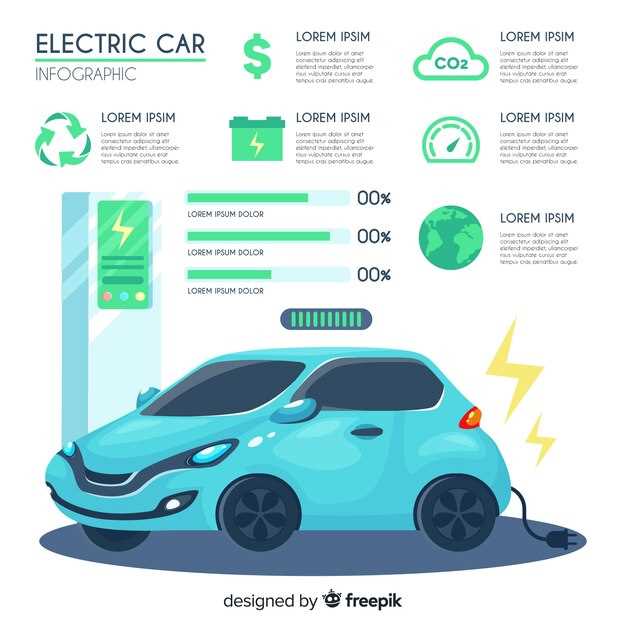
When considering the advantages of owning a Toyota hybrid vehicle, one of the most critical factors is the battery lifespan. Hybrid batteries are pivotal to the performance and efficiency of these vehicles, and understanding their longevity can greatly influence a buyer’s decision. Toyota, a leader in hybrid technology, has garnered a reputation for producing reliable and durable hybrid systems, but potential owners often seek clarity on what they can expect regarding battery life.
Typically, Toyota hybrid batteries are designed to last significantly longer than conventional batteries, often surpassing the 100,000-mile mark. However, various factors can impact their lifespan, including driving habits, climate, and maintenance practices. Toyota has implemented advanced engineering and technology to enhance battery longevity, ensuring that their hybrid models remain a cost-effective choice over time.
Accompanying concerns about battery lifespan are the warranty details provided by Toyota. Understanding what the warranty covers and for how long can help owners feel more secure about their investment. Toyota’s hybrid batteries come with industry-leading warranties, often extending up to 10 years or 150,000 miles, subject to regional regulations. This warranty not only protects against manufacturing defects but also helps negate concerns regarding replacement costs, making the prospect of owning a hybrid vehicle an appealing one.
Understanding Toyota Hybrid Battery Life Expectancy

The lifespan of a Toyota hybrid battery is a crucial factor for owners considering the long-term viability of their vehicle. Generally, these batteries are designed to last between 8 to 15 years, depending on various conditions such as driving habits and maintenance practices. Regular charging cycles and temperature fluctuations can also significantly impact battery longevity.
Toyota employs advanced technology in its hybrid batteries, ensuring reliable performance over time. The quality of materials and engineering involved in the battery’s construction plays a vital role in its durability. Additionally, Toyota’s hybrid systems are equipped with smart management features that optimize battery usage, helping to extend its life.
It is essential for owners to follow Toyota’s recommended maintenance guidelines to maximize battery life. This includes regular service checks and using the vehicle in a manner that is beneficial for battery health, such as avoiding excessive short trips and aggressive driving. Monitoring the battery’s health can also be beneficial; many models provide indicators that alert the driver to any potential issues.
In the event of battery degradation, Toyota offers a comprehensive warranty that typically covers hybrid batteries for 8 years or 100,000 miles, with some regions extending this coverage to 10 years or 150,000 miles. This warranty reflects Toyota’s confidence in the durability of their hybrid technology and provides peace of mind to drivers regarding battery replacement costs.
Overall, understanding the factors that influence Toyota hybrid battery life expectancy can empower owners to take appropriate steps to ensure their vehicle operates efficiently for years to come.
Warranty Coverage for Toyota Hybrid Batteries Explained
Toyota is well-known for its commitment to quality and reliability, especially concerning its hybrid vehicles. Understanding the warranty coverage for Toyota hybrid batteries is crucial for owners who want to ensure the longevity and optimal performance of their vehicles.
The warranty for Toyota hybrid batteries typically includes the following key components:
- Coverage Period: Toyota hybrid batteries usually come with an 8-year or 100,000-mile warranty, whichever comes first. In certain states, such as California, this coverage may extend to 10 years or 150,000 miles.
- Components Covered: The warranty generally covers the hybrid battery assembly, which includes the battery modules and their related components. This means that if any part of the battery system fails within the warranty period, it will be repaired or replaced at no additional cost to the owner.
- Powertrain Warranty: In addition to the hybrid battery warranty, Toyota vehicles typically come with a powertrain warranty that covers various mechanical components, contributing to the overall life and functionality of the hybrid system.
- Limited Warranty: The warranty is limited to defects in materials and workmanship. It does not cover damage due to external factors such as accidents, misuse, or lack of maintenance.
- Transferability: If you sell your Toyota hybrid vehicle, the remaining warranty coverage can usually be transferred to the new owner, which can enhance the resale value.
It is crucial to maintain regular servicing and adhere to recommended maintenance schedules to ensure that the hybrid battery operates efficiently throughout its life. Keeping records of all maintenance can also help in case warranty claims are needed.
In conclusion, understanding the warranty coverage for Toyota hybrid batteries provides peace of mind to owners. Knowing the specifics can help maximize the lifetime of the vehicle’s hybrid system and protect against unexpected repair costs.
Signs of Battery Degradation in Toyota Hybrids

Battery degradation in Toyota hybrids can manifest in several ways, impacting vehicle performance and efficiency. Recognizing these signs early can help in making informed decisions regarding maintenance or replacement.
One of the primary indicators of battery degradation is decreased fuel efficiency. If you notice that your vehicle is consuming more fuel than usual, it may be a sign that the hybrid battery is not operating optimally. This decline in efficiency results from the battery’s inability to provide sufficient power during acceleration or when driving in electric mode.
Another common sign is a reduction in electric-only driving range. Toyota hybrids are designed to run on battery power alone for short distances. If you find that the electric range has significantly decreased, it suggests that the battery may have lost its ability to hold a charge effectively.
Frequent charging or the need to recharge the battery more often than before can also indicate degradation. If you have to connect your hybrid to a power source more frequently, it implies that the battery is not retaining energy as it should.
Additionally, you may experience a difference in performance during acceleration. If your vehicle feels less responsive or struggles to accelerate, it may be due to weakened battery power. This can affect overall driving experience and may require further assessment.
Lastly, warning lights on the dashboard, specifically the hybrid system warning light, are critical indicators of battery issues. If this light appears, it is essential to have the vehicle checked immediately, as it can signal a range of problems, including battery degradation.




